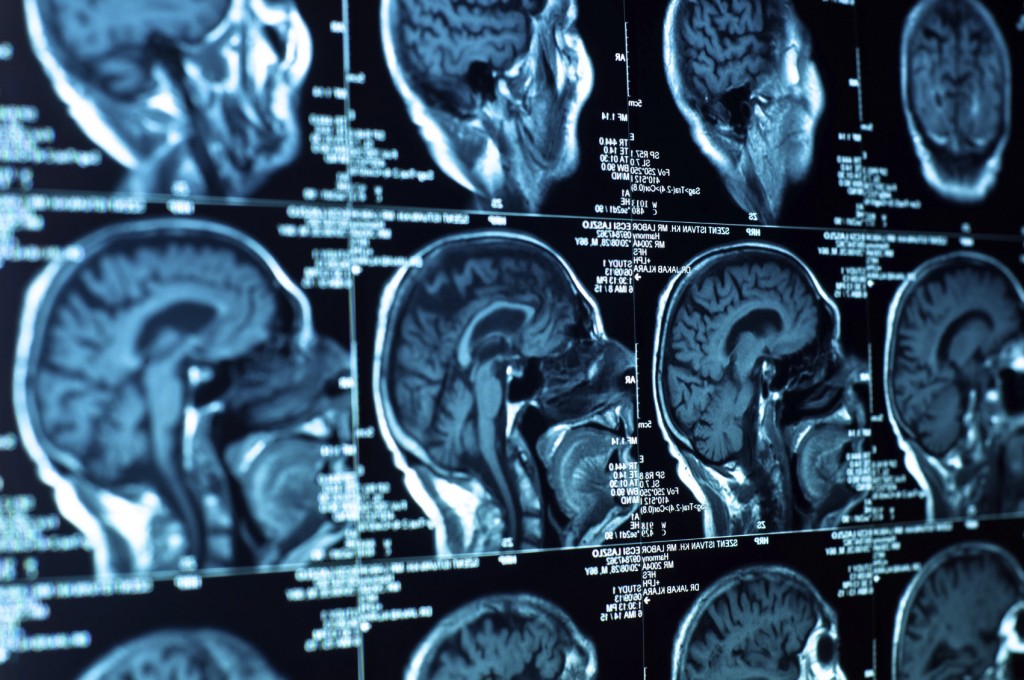
Cynical? You May Be More Likely To Develop Dementia
People that have a cynical distrust of others may be more likely to develop dementia, according to a new study published in the journal Neurology. The study investigated the relationship between late-life cynical distrust and incidences of dementia, and found that people with high levels of distrust were increasingly likely to develop dementia at a later stage.
Dementia In 2014
Dementia is defined by the Alzheimer’s Association as a decline in mental ability that’s severe enough to interfere with daily life. Alzheimer’s is the most common type of dementia. Symptoms can vary greatly from person to person, but symptoms that sufferers frequently display include difficulties with memory, problems with communication and language, a lack of focus, a decline in the ability to pay attention, difficulty with reasoning and judgment, and problems with visual perception.
Dementia occurs as a result of damaged brain cells. When brain cells are damaged, their ability to communicate with each other is affected. Damaged brain cells can affect our behavior, feelings, ability to think, and how we communicate. According to the World Health Organization, today approximately 35.6 million people are living with dementia worldwide. This number is expected to double by 2030 and more than triple by 2050.
Cynical? You May Be More Likely To Develop Dementia
The research study investigating the link between cynicism and the likelihood of a person developing dementia, was led by Dr Anna-Maija Tolppanen at the University of Eastern Finland. The study looked at 1,449 participants, with an average age of 71, and tested them for dementia and their levels of cynicism, using a questionnaire. Participants were scored according to the results of the questionnaire and placed into one of three categories, low, moderate, or high levels of cynical distrust. Out of the original group of participants, 622 completed two dementia tests, the second test was conducted approximately 8 years after the first. During this period, 46 people were diagnosed with dementia. Adjusting for factors that may have affected the likelihood of a participant developing dementia, researchers found that 14 of the 164 participants with high levels of cynical distrust developed dementia, and only 9 out of the 212 participants with low levels of cynical distrust developed it.
Critics of the study say that although it’s important to determine which factors may affect the development of dementia, the study only looked at a small number of participants. It’s clear that more research needs to be conducted into this subject to determine if the same results occur when looking at a larger sample size of participants. What isn’t clear is whether participants were already developing dementia before the study began, which may have affected their levels of cynicism in the first place.
Dementia Prevention
Certain factors that increase the likelihood of someone developing dementia cannot be changed such as age and genetics, but researchers are looking into risk factors that may have some influence on whether a person develops the brain disorder. According to the Alzheimer’s Association these risk factors include:
- Cardiovascular Risk Factors: When your brain’s blood vessels are damaged, your brain is deprived of blood and oxygen. Blood vessel changes in the brain have been linked to vascular dementia. To protect your brain and potentially reduce your risk of developing dementia, don’t smoke, maintain a healthy weight, and monitor blood pressure, blood sugar, and cholesterol levels.
- Physical Exercise: Exercising regularly may help to lower your risk of developing dementia. It is thought that exercise can be beneficial as it increases blood flow and oxygen supply to the brain.
- Diet: Eating a heart-healthy diet, may be one of the most beneficial things you can do to protect your brain from dementia. The Mediterranean diet, which is rich in whole grains, fruit and vegetables, fish, nuts, and olive oil, is thought to be one of the most beneficial diets to overall health.
Sources:
- http://www.alz.org/what-is-dementia.asp – What Is Dementia?
- http://www.who.int/features/factfiles/dementia/en/ – 10 Facts on Dementia
- http://www.medicalnewstoday.com/articles/277430.php – Cynicism Linked to Dementia in New Study
- http://www.bbc.com/news/health-27603587 – Study Suggests Link Between Cynicism and Dementia
About SignatureMD
SignatureMD is one of the nation’s largest firms providing initial conversion and ongoing support services to concierge medicine physicians. SignatureMD currently partners with over 200 affiliated primary care physicians and specialists across 35 states, and its network is rapidly expanding.